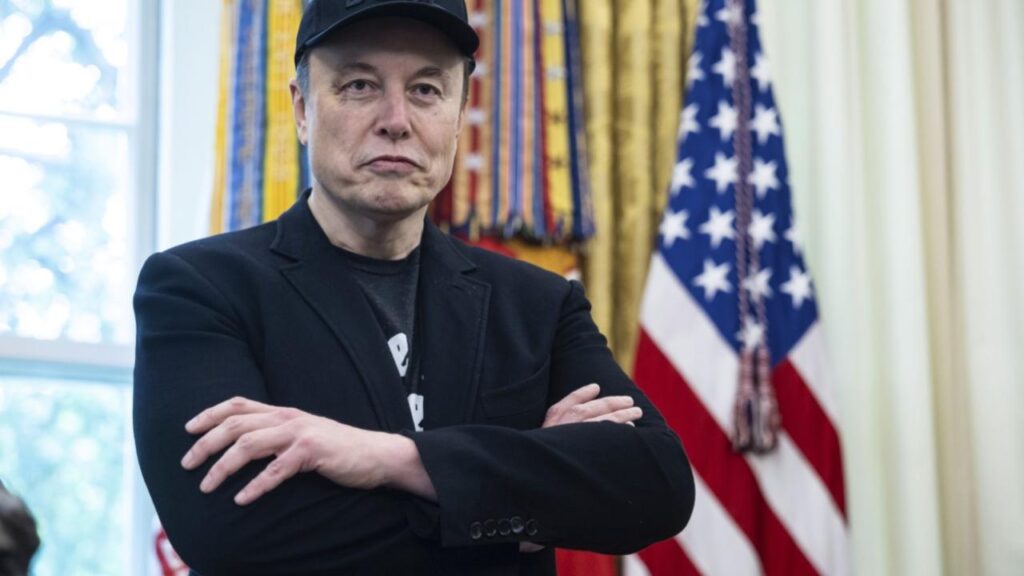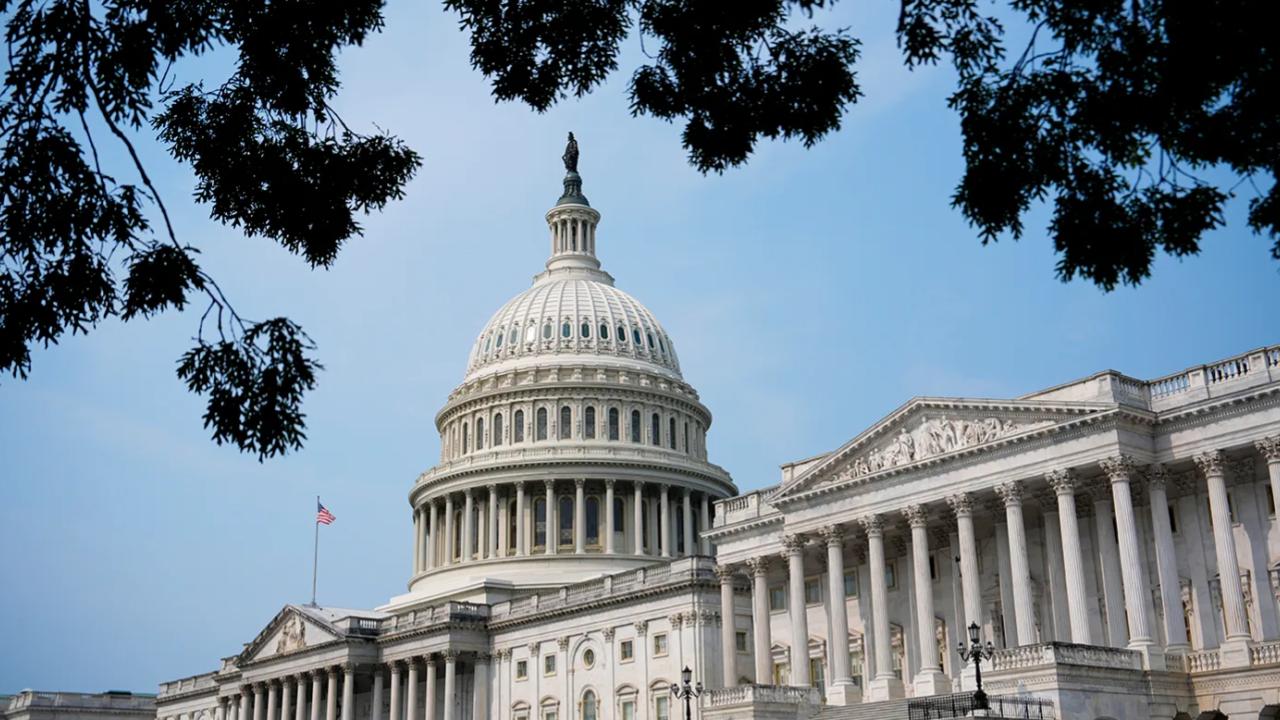Elon Musk, the man who reshaped the future of electric cars, revolutionized space travel, and even stirred up Twitter’s transformation, has become a figure that elicits both admiration and intense backlash. But recently, his unpopularity has reached levels that seem unprecedented for someone with such a powerful influence on technology and culture. So, what is the real story behind this historic fall from grace?

Elon Musk Faces Fallout Like No Other
| Takeaway | Stat/Fact |
|---|---|
| Musk’s Net Approval Decline | Elon Musk’s net approval dropped from +14% in 2021 to -19% in 2023. |
| Tesla Sales Impact | Despite his personal unpopularity, Tesla’s sales are seeing a 40% rise in global deliveries. |
| SpaceX’s Continued Growth | SpaceX successfully launched more than 60 missions in 2023, with Musk’s leadership playing a central role. |
| Musk’s Twitter Impact | Musk’s handling of Twitter/X has caused user engagement to fluctuate, with some reports showing a 10% drop in active users. |
The Rise of Elon Musk – A Visionary with Unmatched Ambition
Before the fall, Elon Musk was the toast of Silicon Valley. His bold ideas and unmatched ambition were recognized globally. From founding Tesla and pushing the boundaries of electric vehicles, to founding SpaceX and slashing the cost of space travel, Musk’s name became synonymous with innovation.
In 2021, Musk became the world’s richest man, his wealth tied largely to Tesla’s astronomical rise in the stock market. With his purchase of Twitter (now X), Musk began to carve out a new path in tech and social media. But even as his companies soared, something shifted in the public perception of Musk.
The Turning Point – From Hero to Villain?
Musk’s unpopularity has escalated in recent years, fueled by a combination of personal missteps, controversial statements, and business decisions. There are several pivotal moments that have driven this shift.
1. The Twitter Acquisition Drama
Musk’s acquisition of Twitter was one of the most talked-about corporate takeovers in history. Initially, he claimed it was to champion free speech, but his management of the platform has been polarizing. Critics argue that Musk’s personal views have influenced Twitter’s policies too heavily, leading to widespread discontent among both users and advertisers.
His changes—ranging from the removal of account verification to his stance on political issues—alienated many users. At the same time, the platform struggled with a decrease in advertising revenue, forcing Musk to implement drastic measures, including layoffs and controversial content moderation decisions.
Social media users expressed their frustration in waves. Notable Twitter personalities left the platform in protest, and many users shifted their loyalty to alternatives like Threads, launched by Meta.
2. Public Outbursts and Political Stance
Musk’s political statements, including his support for right-wing figures, have garnered widespread backlash. His involvement in controversial topics, such as his comments on Ukraine’s war with Russia, further divided his fanbase. In the past, Musk’s “outside-the-box” thinking earned him respect, but now some see him as increasingly unpredictable and divisive.
Many argue that Musk’s tendency to voice his opinion—often in the form of a tweet—has hurt his reputation as a business leader. In particular, Musk’s public feuds with journalists, political figures, and even fellow billionaires has led to increased scrutiny of his actions.
3. Tesla’s Leadership Under Fire
While Tesla’s car sales continue to rise globally, Musk’s leadership at the company is under closer examination. Analysts and investors have raised concerns that his distraction with Twitter and other ventures could hurt Tesla’s long-term growth. Although Tesla remains a leader in the electric vehicle market, some experts believe Musk’s divided attention is starting to show, especially as competitors ramp up their own EV production.
Tesla’s stock price has been volatile, and while the company is still highly valued, investor confidence is starting to waver as the Musk brand becomes synonymous with controversy.

The Backlash – Why Is Musk So Unpopular?
To understand why Musk’s unpopularity has reached new heights, we need to look at a few contributing factors.
1. The “Musk Factor” – His Larger-than-Life Persona
Musk’s larger-than-life persona, while once a source of admiration, has become a double-edged sword. His audacity to defy norms and his ultra-high profile meant that any misstep was magnified under the media spotlight. It’s one thing to be bold and visionary, but it’s another to make it personal. His polarizing remarks on social issues have hurt him with a growing number of people who once saw him as an inspiration.
2. Social Media Backlash
Musk’s rise to global fame largely occurred on the internet, and it’s the internet that now seems to be holding him accountable. When he acquired Twitter, many saw it as a chance for Musk to directly engage with the masses. But it quickly became clear that not everyone was on board with his new vision for the platform. As online discourse shifted and people began leaving Twitter in droves, Musk’s association with the platform only added to his growing unpopularity.
3. Polarized Political Landscape
Musk’s influence goes far beyond tech, making him a figure of national interest. In the U.S., the political landscape is more polarized than ever, and Musk’s involvement in public discourse hasn’t helped matters. His positions on issues like climate change, government regulation, and corporate taxes have alienated him from certain political groups, further fracturing his support.
What Does This Mean for Musk’s Future?
Despite the blowback, Musk remains a dominant force in business. Tesla continues to lead in the EV sector, SpaceX continues to dominate the private space race, and the electric vehicle market is expanding more rapidly than ever.
However, there’s no denying that Musk’s public image has taken a hit. The billionaire’s next moves will be critical in determining whether his reputation can rebound, or if he’ll continue down a path of alienating his once-loyal followers. He still has significant sway in shaping the future of technology, but will people be willing to follow him?
Will Musk Weather the Storm?
Musk’s story is a complex one. There’s no doubt that his impact on the world is enormous, and his companies continue to change the way we think about energy, transportation, and even space exploration. But as public opinion of Musk sinks, the question remains: Can the visionary entrepreneur recover from his historic unpopularity, or will the fallout be too much for even someone like him to bounce back from?
FAQs
What led to Elon Musk’s decline in popularity?
Musk’s decline in popularity can be attributed to his controversial leadership of Twitter, political statements, and distractions from his core ventures like Tesla and SpaceX. His personal views on social issues have also contributed to the backlash.
Is Tesla still performing well despite Musk’s unpopularity?
Yes, Tesla continues to perform strongly in terms of sales and market position, though there are concerns that Musk’s divided attention may hurt long-term growth.
Can Musk recover from this unpopularity?
Musk’s influence remains powerful, but his future success will depend on how he manages his businesses and personal reputation moving forward. A change in approach or public perception could help him recover.






